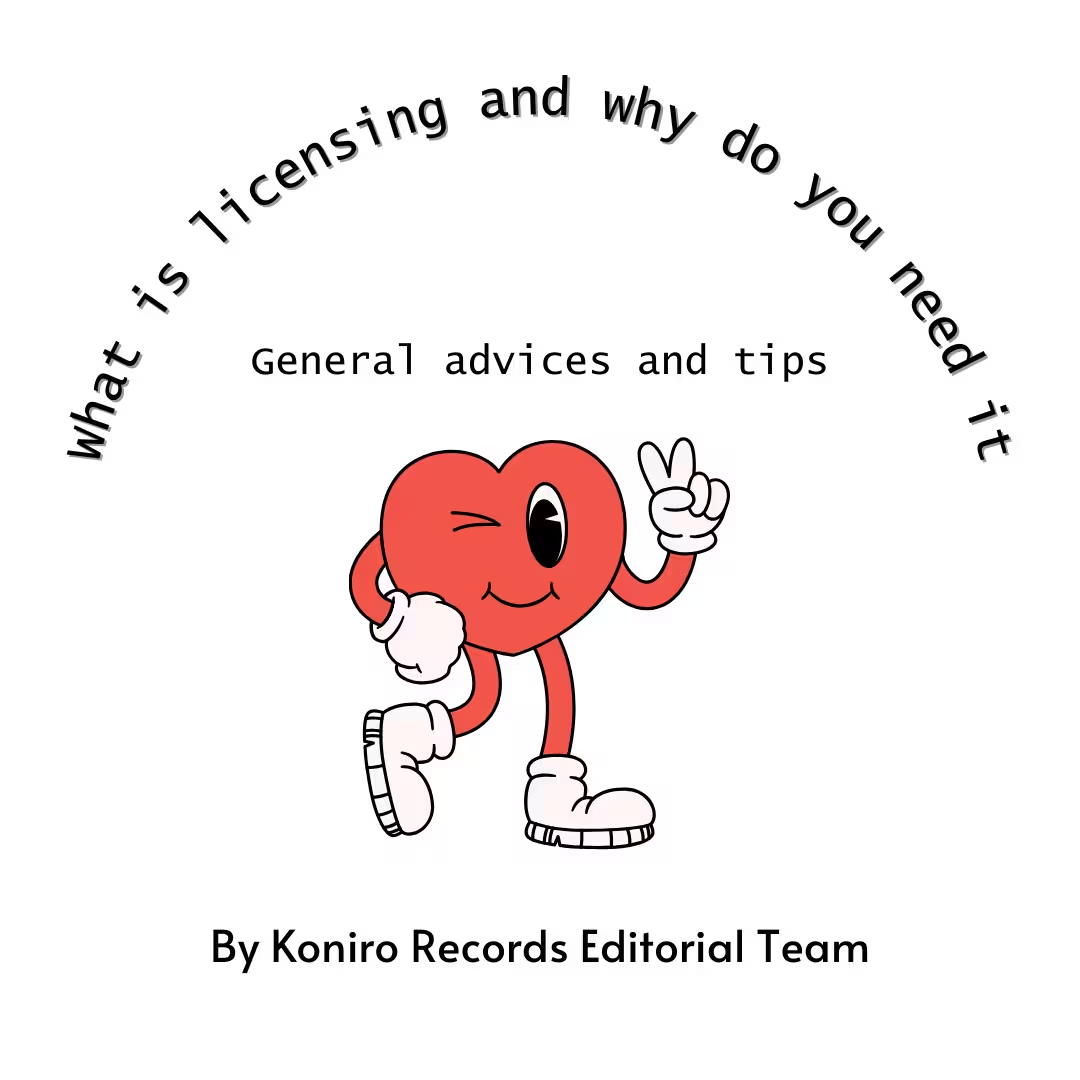Your cart is currently empty!

What is licensing and why you need it
•

Music is an integral part of our daily lives, evoking emotion
The Harmony of Music Licensing: Understanding the Rhythm of Copyright Law
Music is an integral part of our daily lives, evoking emotions, and creating unforgettable experiences. From advertisements to films, video games to YouTube videos, music plays a vital role in enhancing the audience’s engagement and emotional connection. However, have you ever wondered how creators and businesses obtain the necessary permissions to use copyrighted music in their projects? This is where music licensing comes into play.
What is Music Licensing?
Music licensing is the process of obtaining permission to use copyrighted music in various mediums, such as films, television shows, commercials, video games, and online content. It involves securing the necessary rights from the copyright holders, typically music publishers, record labels, or individual artists, to use their music in a specific context.
Why is Music Licensing Important?
Music licensing is crucial for several reasons:
Copyright Protection: Music licensing ensures that the original creators of the music receive fair compensation for their work.
Legal Compliance: Obtaining the necessary licenses helps businesses and creators avoid copyright infringement, which can lead to legal issues and financial penalties.
Credibility: Using licensed music enhances the credibility and professionalism of a project, demonstrating respect for the original creators.
Types of Music Licenses
There are several types of music licenses, including:
Synchronization License (Sync License): Grants permission to use music in a visual medium, such as a film, television show, or commercial.
Mechanical License: Allows for the reproduction and distribution of physical copies of music, such as CDs or vinyl records.
Performance License: Enables public performances of music, such as concerts or live events.
Print License: Permits the reproduction of sheet music or lyrics.
The Music Licensing Process

Exclusive license
Obtaining a music license typically involves the following steps:
Identify the Desired Music: Select the specific song or composition you wish to use in your project.
Research the Copyright Holder: Determine who owns the rights to the music, such as the publisher, record label, or artist.
Contact the Copyright Holder: Reach out to the copyright holder to request permission to use the music.
Negotiate the Terms: Agree on the license fee, usage terms, and any other conditions.
Obtain the License: Receive the necessary documentation, such as a contract or license agreement.
Statistics and Quotes
The global music licensing market is projected to reach $1.4 billion by 2025, growing at a CAGR of 10.4% from 2020 to 2025. (Source: Grand View Research)
“Music licensing is an essential part of creating an immersive experience for our audience. It’s not just about avoiding legal issues; it’s about showing respect for the creators and their work.” – Industry Insider

Basic license
Affordable and high-quality beats for personal projects, non-commercial use, and YouTube content. Perfect for artists and creators looking to elevate their sound without breaking the bank. Unlock your music’s potential with professionally crafted beats.
Conclusion
Music licensing is a vital aspect of the music industry, ensuring that creators and businesses use copyrighted music legally and ethically. By understanding the basics of music licensing, you can navigate the complex world of copyright law and create engaging, high-quality content that resonates with your audience.
Whether you’re a filmmaker, advertiser, or content creator, make sure to prioritize music licensing in your next project. Take the first step by researching the copyright holders and negotiating the necessary licenses. Remember, music licensing is not just a legal requirement, but a way to show respect for the original creators and enhance the overall quality of your work.
Share this article with your network and learn more about the fascinating world of music licensing!
-
 Consistency Beats Talent: The Music Industry's Secret
Consistency Beats Talent: The Music Industry's Secret -
 The Psychological Barriers Holding Musicians Back (And How to Overcome Them)
The Psychological Barriers Holding Musicians Back (And How to Overcome Them) -
 The Shocking Truth About Making It in the Music Industry (What They Don't Want You to Know)
The Shocking Truth About Making It in the Music Industry (What They Don't Want You to Know) -
 Elevate Your Musical Journey: Koniro Records' Online Course for Aspiring Musicians
Elevate Your Musical Journey: Koniro Records' Online Course for Aspiring Musicians -
 How to Build Your Brand as an Independent Musician: 5 Key Steps
How to Build Your Brand as an Independent Musician: 5 Key Steps
Discover more from Koniro Records | Proudly independant
Subscribe to get the latest posts sent to your email.